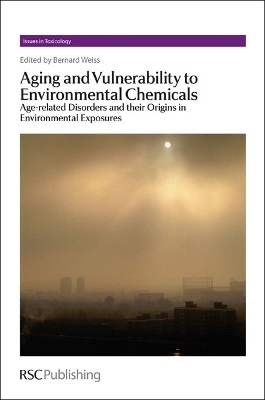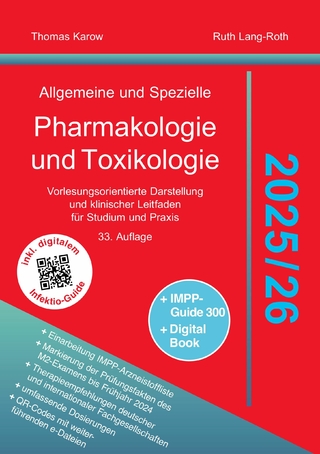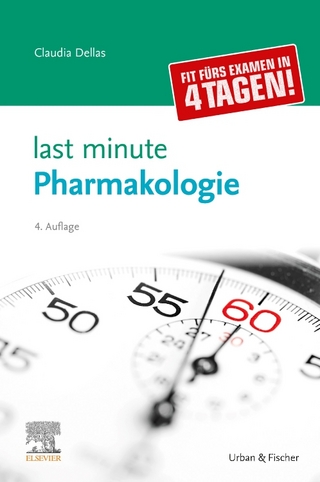
Aging and Vulnerability to Environmental Chemicals
Royal Society of Chemistry (Verlag)
978-1-84973-418-9 (ISBN)
The world's aging populations, with age-related disorders affecting every organ system, are generating medical care costs rising at an unsustainable rate. Although such disorders are expected, we are now beginning to ask whether exposures to toxic environmental chemicals hasten or account for their onset. This book provides a detailed review of current knowledge about the possible associations between a variety of chemical contaminants and adverse effects later in life. It will serve as a guide to policy decisions about protecting us from chemical exposures that distort the aging process. It provides a guide to current understanding of how our contaminated environment may be influencing the aging process and contains examples of approaches that will help us undertake further research on this topic. It will help alert policy makers to the implications of chemical pollution for aging populations and will help formulate initiatives for environmental protection. The book provides a comprehensive view of how environmental exposures may alter the health of our aging population. For readers engaged in environmental research, or aging research, it will highlight a number of questions that need more attention For other readers, they will learn something about the kind of exposures they should avoid or that they should prompt policy makers to reduce or eliminate.
Dr. Bernard Weiss is Professor of Environmental Medicine at the University of Rochester School of Medicine and Dentistry, where he has been a member of the faculty since 1965. He is also a member of its Environmental Health Sciences Center. Before coming to Rochester, he served on the faculty of the Johns Hopkins School of Medicine, and, earlier, held an appointment at the U.S. Air Force School of Aviation Medicine. Dr. Weiss has served as a member of many committees and panels devoted to toxicology and environmental health, including those organized by the U.S. Environmental Protection Agency's Science Advisory Board, and the National Academy of Sciences. He is especially concerned with risk assessment issues arising from the effects of environmental chemicals on brain development and brain aging, and with the role played by sex differences. He is the editor or co-editor of seven books and monographs and author or co-author of over 250 articles. His special interests and publications lie primarily in areas that involve chemical influences on behavior; these include the neurobehavioral toxicology of metals such as lead, mercury and manganese; developmental toxicants such as dioxin; solvents such as toluene and methanol; endocrine disruptors such as phthalates; and air pollutants such as ozone. His current research projects, supported by NIH, examine the effects of Bisphenol A on brain sexual differentiation.
Parkinson's Disease;
Cognitive dysfunction and lead;
Cardiovascular disease, metabolic syndrome;
Breast cancer;
Prostate cancer;
Kidney disease;
Liver disease;
Osteoporosis;
Immune system disorders;
Male reproductive tract disorders;
Female reproductive tract disorders;
Air Pollutants;
Mercury;
Manganese;
Aluminium;
Cadmium;
PCBs and Dioxins;
Bisphenol A;
Obesogens;
Subject Index
| Erscheint lt. Verlag | 13.12.2012 |
|---|---|
| Reihe/Serie | Issues in Toxicology ; Volume 16 |
| Verlagsort | Cambridge |
| Sprache | englisch |
| Maße | 156 x 234 mm |
| Gewicht | 1160 g |
| Themenwelt | Studium ► 2. Studienabschnitt (Klinik) ► Pharmakologie / Toxikologie |
| Studium ► Querschnittsbereiche ► Prävention / Gesundheitsförderung | |
| Naturwissenschaften ► Chemie | |
| ISBN-10 | 1-84973-418-6 / 1849734186 |
| ISBN-13 | 978-1-84973-418-9 / 9781849734189 |
| Zustand | Neuware |
| Informationen gemäß Produktsicherheitsverordnung (GPSR) | |
| Haben Sie eine Frage zum Produkt? |
aus dem Bereich


